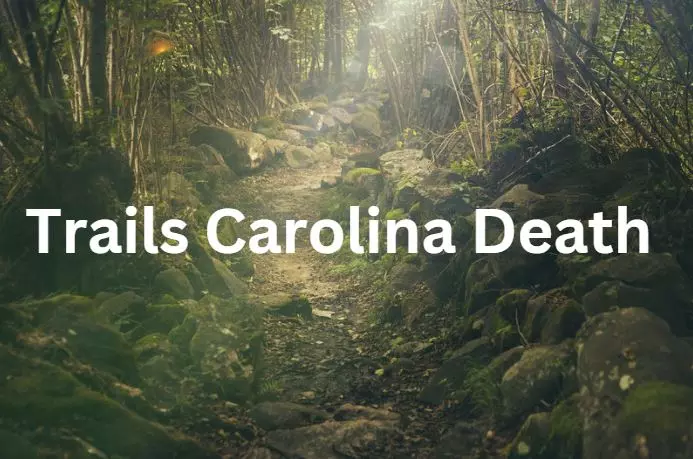TRAILS CAROLINA DEATH: A TRAGIC INCIDENT THAT RAISES QUESTIONS
The recent tragic death of a participant in the Trails Carolina wilderness rehabilitation program has cast a glaring spotlight on the organization, sparking widespread attention. This incident has not only raised concerns about the safety and effectiveness of such programs but has also shed light on broader issues within juvenile mental health treatment. In this article, we will delve into the specifics of the Trails Carolina tragedy, examining its underlying causes, its repercussions, and the potential ramifications it may have moving forward.
Table of Contents
UNDERSTANDING WILDERNESS THERAPY
What Is Wilderness Therapy?
Wilderness therapy represents an unconventional approach to addressing behavioral issues among troubled youth. This method entails immersing participants in the wilderness for extended periods, disconnecting them from civilization, with the aim of fostering emotional and behavioral growth.
THE RISE OF WILDERNESS THERAPY
Wilderness therapy offers an unconventional approach to addressing behavioral challenges in troubled youth. It entails sending participants into the wilderness for extended periods, away from urban environments, to focus on improving their emotional and behavioral well-being.
The Tragic Incident
THE BACKGROUND
For years, the Trails Carolina program has operated amidst the picturesque landscapes of North Carolina. Families seeking transformative experiences for their troubled adolescents have enrolled in this program with high hopes for positive change.
THE DETAILS
During a wilderness therapy session, tragedy struck when a 16-year-old participant lost their life. The incident occurred during a hike, and authorities are still piecing together the details surrounding the unfortunate event.
THE AFTERMATH
The passing sent ripples of shock through the community, prompting parents, educators, and mental health professionals to collectively assess the safety of such programs for the children under their supervision.
Safety Concerns
ACCOUNTABILITY
In the wake of this tragedy, accountability has become a central concern. Who bears the responsibility for ensuring the safety of individuals in wilderness therapy programs? Moreover, what measures can be implemented to prevent similar catastrophes from occurring in the future?
REGULATION
Wilderness therapy programs operate within a legal gray zone, characterized by minimal regulation. The lack of defined legislation and licensing standards contributes to uncertainty surrounding these initiatives.
The Efficacy Debate
DOES WILDERNESS THERAPY WORK?
Despite fervent endorsements from some parents and therapists, there remains scant evidence supporting the sustained effectiveness of wilderness therapy in the long term. Critics argue that traditional therapy methods might offer a safer and more efficacious alternative.
ETHICAL CONSIDERATIONS
Moral dilemmas arise when considering the use of wilderness and seclusion as therapeutic techniques. Is it ethical to send troubled teens into the woods for treatment, given the inherent risks and uncertainties involved?
Youth Mental Health And Treatment Alternatives
THE BROADER ISSUE
The Trails Carolina incident serves as a poignant symbol of the broader struggle in addressing mental health issues among young individuals. Are we adequately assisting enough young people grappling with mental health challenges? Moreover, is there a viable alternative to wilderness treatment?
ALTERNATIVE APPROACHES
Several options exist for addressing mental health disorders in young individuals, including individualized treatment, family therapy, and, when deemed necessary, medication. These approaches prioritize safety and rely on scientific evidence to support their efficacy.
Conclusion
The tragic fatality at Trails Carolina underscores the pressing need to reassess and reform wilderness treatment practices. This prompts concerns regarding the security, effectiveness, and ethical considerations of such programs. Going forward, prioritizing the mental health of adolescents is imperative, urging us to explore safer and more efficacious treatment modalities.






